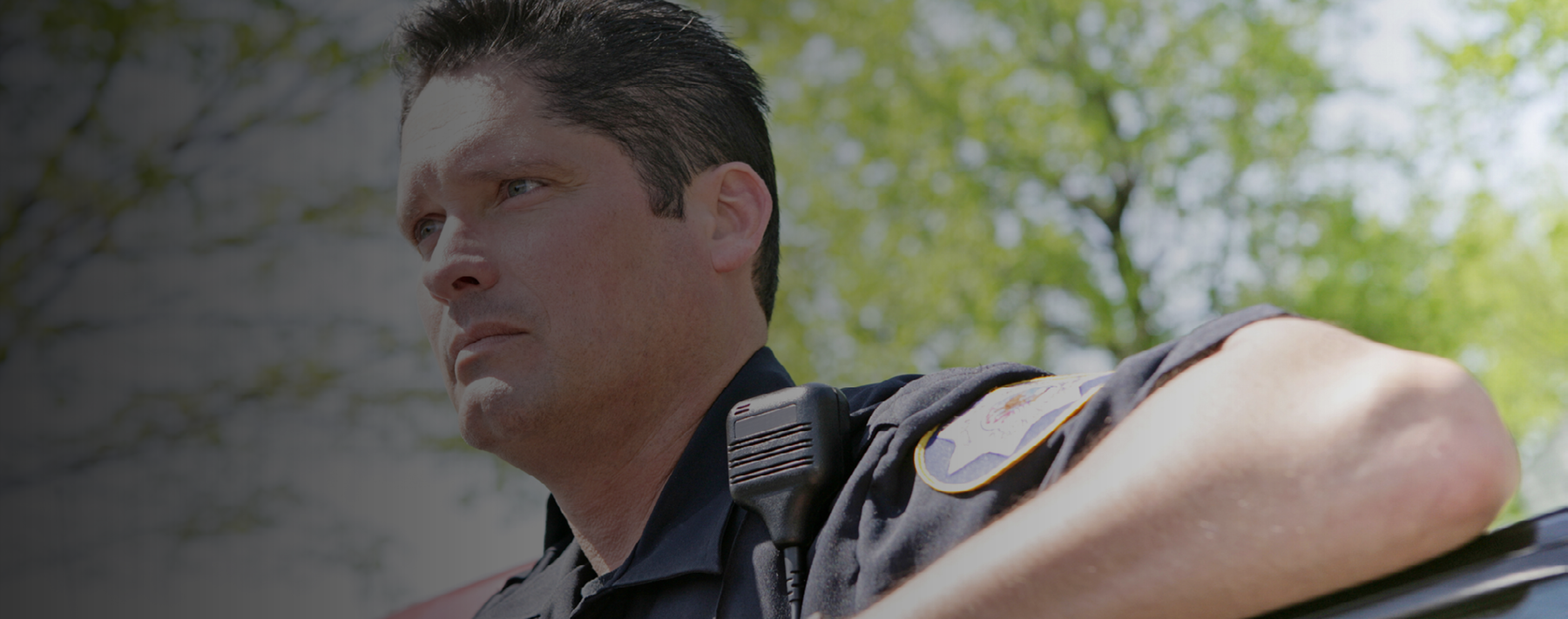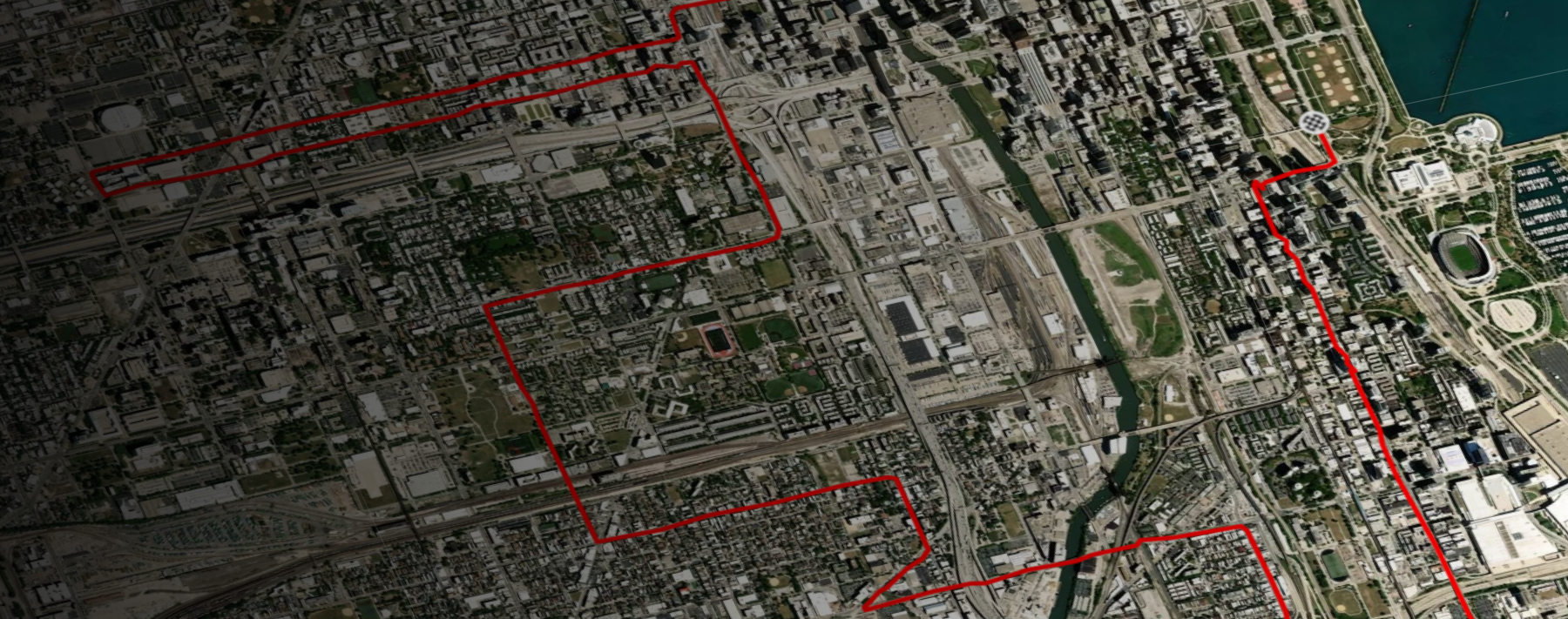How many of you are driving a nice, new truck? I’m talking a GMC Canyon Denali with all the options, or maybe a late-model Ford F-150 Crew Cab. Or perhaps you’re into cars and have a Dodge Challenger or a vintage muscle car. As you use your vehicle to go back and forth to work, are you finding yourself with fewer and fewer days off? Many first responders have similar issues with work-life balance.
If you’re like many in law enforcement, you may be grabbing as much overtime as you possibly can to help pay for the toys you buy. Now, that’s not to say you shouldn’t or can’t have nice things — far from it. But when you’re buying big items to cheer yourself up or to distract yourself from on-the-job stress, is this not simply just another form of self-medicating?
Young and seasoned officers alike can fall into bad spending habits from that very first paycheck. It’s understandable: you’re just starting out, and you finally have real money coming in. You’re excited to be an officer in a new career, and you want to reward yourself by trading in that beater that got you to and from the academy for a shiny, new vehicle. After all, you need reliable transportation, right?
If this were a one-time, one-off purchase, we could stop right here. But we all know that for some, one big purchase leads to another one and another one, and so on. Once you’re locked into this pattern, the cycle of spending on expensive toys and living to work never ends.
Snowballing Expenses
There are many cops out there living to work who are beholden to credit card debt, car and truck loans, expensive memberships, and more. Many of them buy nice items to help alleviate their stress or improve their mood. The problem with leaning on “retail therapy” in this way is that officers have to work more and more to cover their monthly payments. This can also prevent them from building an emergency fund to pay for unexpected costs that might come their way.
Why does this happen? According to researchers, the act of shopping releases dopamine into the bloodstream. Dopamine is a natural “drug” produced by the brain that creates a feeling of elation as a reward for certain activities, like eating and sex. Unfortunately, the mood lift that comes from making a purchase can be fleeting. This means you may find yourself buying more and more stuff as you chase the proverbial dragon.
So how can you avoid falling into this trap? The best way to break the cycle is to resist spending beyond your means. Of course, that’s easier said than done.
If you’re living to work, you base your entire life around your job, and you may have few ways (aside from expensive toys) to temporarily lift your mood until the bills start rolling in. When you’re working more hours to pay inflated expenses, you can become moody about how little free time you have and end up buying something else to make you feel better. Naturally, you’ll have to work even more hours to pay for those items, and the pattern continues.
Repeat after me: I will work to live, not live to work.
Work Life ≠ Home Life
It all comes down to work-life balance. For first responders, by living to work, you have no clear buffer between law enforcement and your personal life. Your job has taken over your entire world and all you are doing is working with very little down time. This is not just a risk factor for stress, it is unhealthy on so many levels — personally, professionally and socially. For those who’ve regularly following this blog, you know that a true work-life balance involves separating yourself from the job and enjoying your personal time by taking vacations, working out, eating right and spending time with loved ones.
If you’re currently in live-to-work mode, I recommend that you read this article: “Who Are You Without the Badge?” If nothing else, it’ll help start you thinking beyond the job.
The truth of the matter is that many cops may not still be cops in five or 10 years. Some may decide to retire, some may be forced to retire early due to health reasons, and others may simply move on to new careers. The point is, none of us knows what the future may hold so we need to start planning now, not later. This means spending, saving and investing wisely.
Pay Yourself First
While I understand that we all work to support ourselves and have a comfortable lifestyle, you also need to start paying yourself first by building an emergency fund and then setting something aside for the future.
When you work to live, that is what you’re doing. You work to allow yourself to enjoy other things in life, but in moderation of course. If you’re maxing out credit cards or have such high monthly payments on your car or truck and other toys that you can’t afford an unexpected $400 expense, that’s a good sign you need to restructure your spending and priorities. When you pay yourself first by putting a portion of your check into savings or investments each month, you’re investing in yourself and your future, not to mention building a rainy-day fund.
Running the Numbers
Let’s say you’re making $59,000 a year as a newly minted cop, which is the average starting pay in the U.S. Your actual salary may be more or less depending on where you live and the size of your agency. For someone who’s 22 or 23 years of age, with a full benefits package, this is not a bad start. As you put in your time on the job, your pay will increase as you gain experience and move up in the ranks.
The biggest pitfall to avoid is throwing caution to the wind by buying things without having a plan. Even during your first few years, you need to think about future goals. Are you considering marriage, a house, having kids? All these things require money and savings. That $59,000 a year comes out to $4,916 per month before tax; your net pay may be somewhere between $3,600 and $3,800, depending on taxes and various other deductions.
So, if you’re taking home $3,600 a month, pay $2,000 on rent or a mortgage, $600 for a monthly auto loan, $300 for cell phone and utilities, you’ll have just $700 left for everything else.
If, like most Americans, you have about $8,000 in credit card debt — and you only pay the minimum each month (interest plus 1% of the balance) — get ready for a long, expensive relationship with your credit card company. Assuming an APR of 18% and payments of $200 per month, it will take you 320 months (almost 27 years!) to eliminate that debt. Along the way, you’ll pay well over $11,000 in interest on $8,000 of debt. Increasing your payment to $300 per month means you’ll zero out the balance after just under three years, and you’ll “only” pay $2,293 in interest over almost three years.
Factoring in credit card payments takes that $700 down to $400. And you still need to eat. You’ll also want a social life, and that costs money. And if you don’t have much spending money, you once again turn to the credit card. What happens when you have an unexpected expense? You whip out the MasterCard or Visa. Hopefully, you can see how easy it is to find yourself trapped into bad spending habits and credit card debt right from the beginning.
Breaking the Cycle
So, how can we change that? A positive work-life balance can only be achieved by living within your means.
First off, you can take steps to reduce how much you spend on housing costs. Can you live with your parents for a couple of years and set aside money for a down-payment on a house? Is it possible to get a roommate to share costs? Can you find a cheaper place to live? Yes, sacrifices now will pay off later on. Do you really need a brand-new truck, or can you get around in a used vehicle for a couple more years? If you do need to replace your vehicle, you may be able to save some money by buying used. Also, you might explore alternatives to a traditional car dealer. Maybe someone at the department is looking to sell their car or truck. You also might have a friend or family member who’s willing to sell you a reliable vehicle at a reduced price.
So, let’s say you’ve managed to take that $2,000 housing expense and reduce it to $1,200. That’s a great start. You find a more affordable car or truck, paying $300 a month instead of $600. You may still be paying $300 per month for cell phone and utilities, but you now have $1,800 left over instead of $400. Now you can reduce your $8,000 in credit card debt by paying substantially more than the minimum — say $600 — and still have $1,200 for other expenditures. Keep an eye on your future and pay yourself first by putting $200 per month in savings, then watch how you spend that remaining $1,000. This means packing lunches, making your own coffee at home, and reducing outside expenses to save and pay down debt.
Once your credit card balances are under control, don’t buy more than you can afford. Always make sure you can pay what you put on the credit card at the end of each month. Continue to build savings as you eliminate debt. As you zero off each balance, apply that money to the next creditor. Once all your debts are paid, that money goes into savings.
This model works for anyone, at any level of their career. It’s all about budgeting and living within or even below your means to achieve financial freedom and peace of mind. If any of this sounds familiar, it’s not too late to reorganize and prioritize not just your finances, but yourself.
Focus on the Why
This is all so important because money and debt can consume us and ruin our relationships — especially when you use money and material things as a way to self-medicate for stress, depression, and PTSD. No number of cars, trucks, or other things can heal us nor take the place of true health and wellness. Debt and money issues will only exacerbate our troubles.
Buying items for a temporary high and finding yourself drowning in more and more debt — then working more overtime or taking on a second job to pay for things — is a clear signal it’s time to reevaluate what is going on in your life.
If you’re unhappy, sad, stressed or not getting the same pleasure out of things you used to, it may be time to seek out help. Compulsively acquiring things can be a sign of unresolved past trauma — which is common among law enforcement officers. But spending money on material items is not a substitute for therapy and will not bring peace of mind. If you’re justifying your spending habits with the mindset of “you only live once,” you may need to talk to someone, addressing why and what these purchases are trying to replace. True healing takes place by seeking out help from EAP, peer support or another trusted outside professional.
It’s time to invest in you and to pay yourself first—not only financially, but emotionally and physically. Only then can you, as a first responder, achieve a healthy work-life balance. Until next time, stay well and stay safe.



